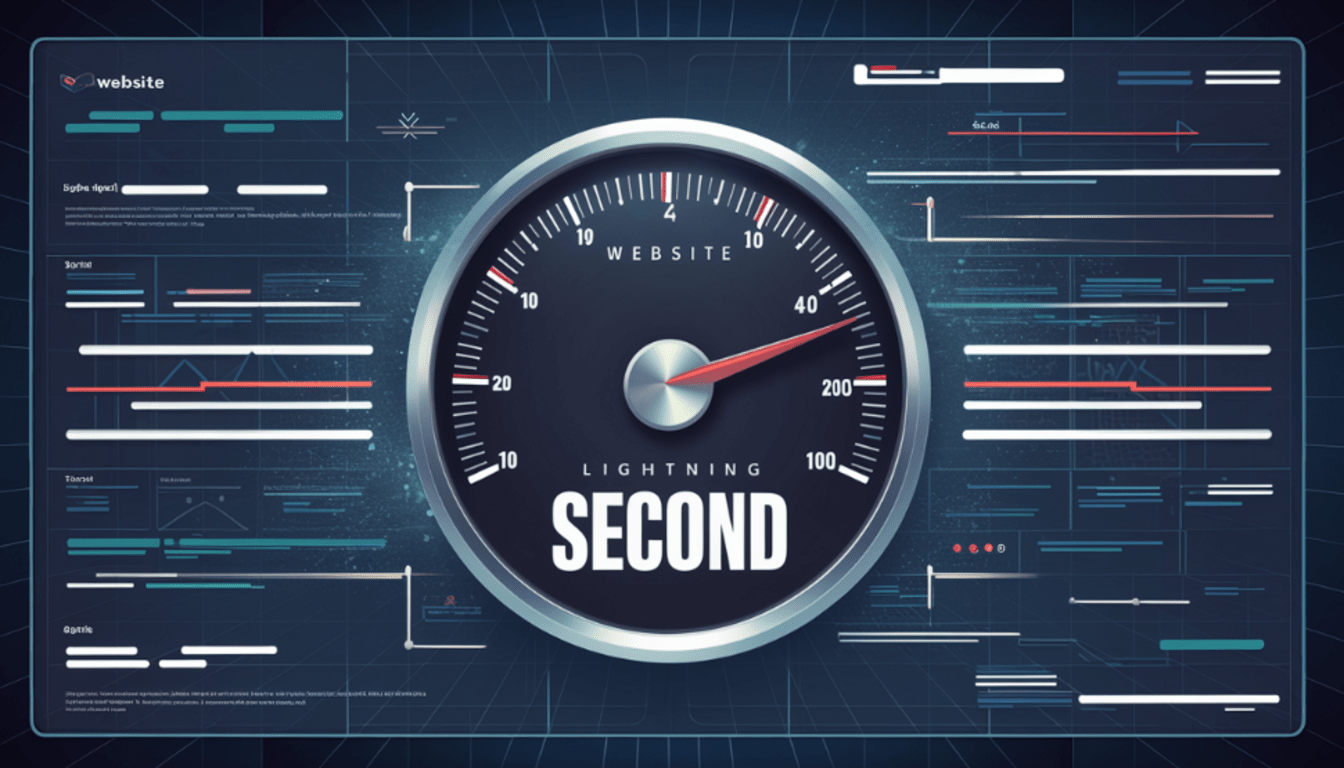How to Speed Up Your WordPress Website
A slow website can frustrate visitors and harm your online reputation. Luckily, there are several steps you can take to improve your WordPress site’s speed.
Why Website Speed Matters
You want a fast website for a few reasons:
Better User Experience: People expect websites to load quickly. A slow site can lead to frustration and visitors leaving your site.
Improved Search Engine Rankings: Google and other search engines reward fast websites with higher rankings.
Increased Conversions: Faster websites tend to have higher conversion rates as visitors are more likely to explore and take action.
Boosted Brand Reputation: A slow website can damage your brand’s reputation for professionalism and reliability.
Check Your Website Speed
Before making changes, it’s important to know your website’s current speed. You can use free tools like Google PageSpeed Insights or GTmetrix to test your site’s performance. These tools will provide insights into areas where you can improve.
Optimize Images
Images can significantly slow down your website. To optimize them:
Compress images: Use tools like TinyPNG or Squoosh to reduce file size without losing quality.
Choose the right format: Use JPEG for photos and PNG for graphics.
Lazy load images: This means images only load when they are about to be seen on the screen, improving load times.
Choose a Reliable Hosting Provider
Your hosting provider plays a crucial role in website speed. Look for a provider with:
Fast servers: Ensure your website is hosted on servers with high-speed processors and ample resources.
Reliable uptime: Choose a provider with a strong track record of uptime to minimize website downtime.
Good customer support: Having access to helpful support can be invaluable if you encounter issues.
Leverage Browser Caching
Browser caching stores website files locally on the user’s computer, reducing load times for returning visitors. Most WordPress caching plugins handle this automatically.
Minimize Plugins
Too many plugins can slow down your website. Deactivate plugins you’re not using and only keep essential ones.
Optimize Your Database
Over time, your WordPress database can become bloated and slow down your site. Regularly clean up your database by removing unnecessary data like post revisions, spam comments, and orphaned data.
Content Delivery Network (CDN)
A CDN distributes your website’s content across multiple servers worldwide. This helps to improve load times by delivering content from a server closer to the visitor.
Additional Tips
Keep WordPress and Plugins Updated: Regular updates often include performance improvements.
Minimize HTTP Requests: Combine CSS and JavaScript files, and reduce the number of external scripts.
Optimize Your Theme: Choose a lightweight theme and remove unnecessary elements.
Enable Gzip Compression: This compresses data before sending it to the browser, improving load times.
By following these steps and regularly monitoring your website’s speed, you can significantly improve its performance and provide a better user experience.

